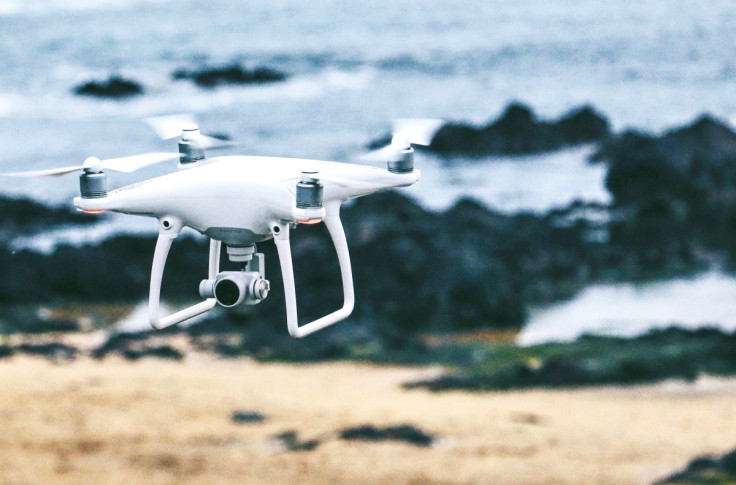UK to regulate drone use with pilot safety tests and owner register
There were 34 drone related incidents in the UK during the first five months of 2017.
In the wake of several near-misses between passenger jets and unmanned aerial vehicles, the UK government has announced plans to get all drones weighing more than 250g registered while testing their owners' safety awareness.
The new rules, which are expected to improve accountability and encourage owners to act responsibly, will require drone owners to get their gadgets registered and "prove that they understand UK safety, security and privacy regulations."
The government said it chose the 250g minimum weight limit following a recent study which concluded that drones weighing 400g could harm windscreens of a helicopter and a heavier drone weighing about 2kg could critically damage an airliner's windscreen.
In the first five months of 2017, the Civil Aviation Authority's Airprox Board investigated 34 incidents involving drones and airliners. Pilots have been warning about the catastrophic risks associated with drones being flown close to airports and planes.
Welcoming the move, Brian Strutton, the general secretary of British Airline Pilots' Association (Balpa) said: "This report clearly shows that readily available drones which can be flown by anyone can shatter or go straight through an aircraft windshield or shatter a helicopter rotor. And those impacts would have catastrophic consequences".
The Department of Transport, which funded the research with Balpa and the Military Aviation Authority (MAA), is now exploring best legislative measures to introduce the new rules. The government is also planning to expand the use of geo-fencing, which involves programming the coordinates of no fly zones into the drones to prevent them from hovering over restricted locations, such as prisons or airports.
Aviation Minister Lord Martin Callanan said the new measures will strike a balance between reaping benefits of drones and preventing their misuse. "Our measures prioritise protecting the public while maximising the full potential of drones," he added. "Increasingly, drones are proving vital for inspecting transport infrastructure for repair or aiding police and fire services in search and rescue operations, even helping to save lives".
As per current regulations, all commercial drone operators must register and complete a CAA approved training course, but this does not currently apply to hobby drone owners who fly for fun not profit. Operators are also not allowed to fly drones above 400ft, or near airports, airfields, crowds or built-up public areas. Anyone endangering the safety of an aircraft using drones could face up to a five-year prison sentence.

© Copyright IBTimes 2025. All rights reserved.





















